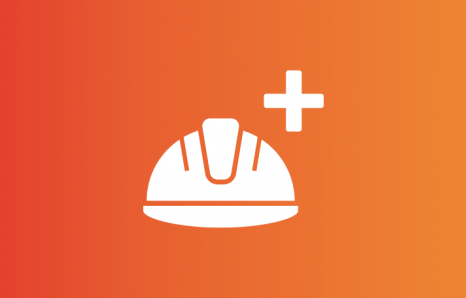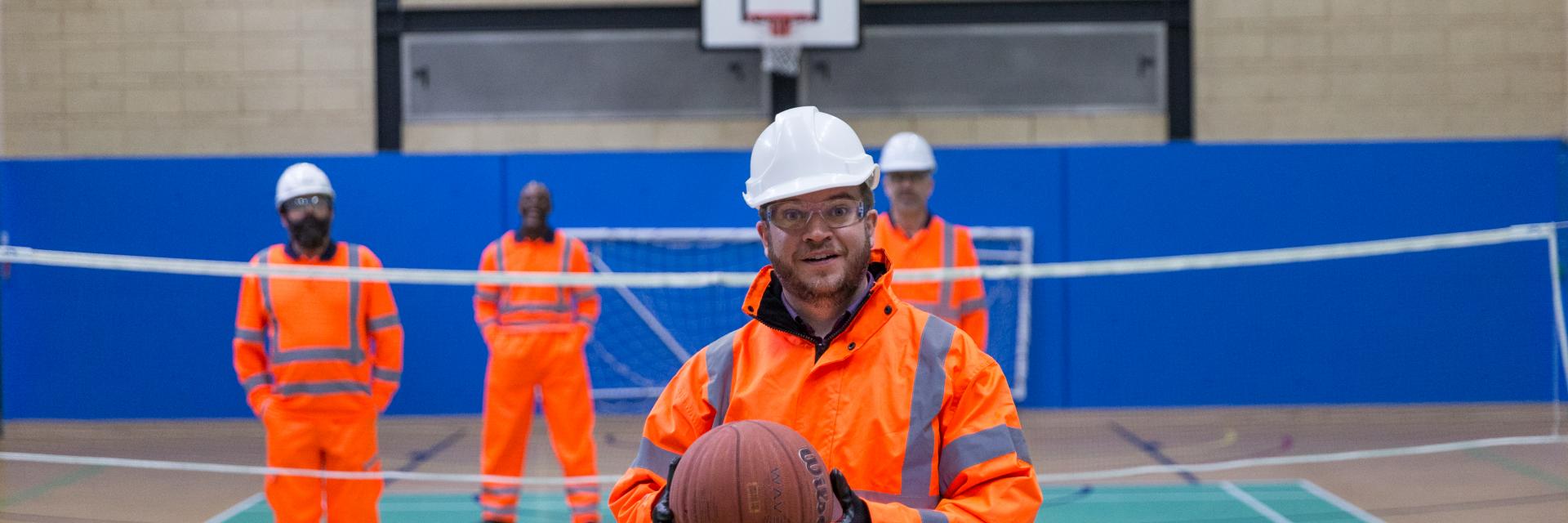Topic
Category
Year

BROS: Building relationships on site
2023's Wellbeing Hero Award winner, Vikky Goodwin, takes you through the mental health initiative she set up to help frontline employees proactively engage with mental health conversations. The scheme encourages employees to react to situations at work in the same way they would in normal life, substituting work behaviours for personal behaviours and treating colleagues how they would family and friends. Learn practical and effective strategies so you can try them in your organisation.

Achieving health on a par with safety
We often use the term ‘health and safety’ but really, we only mean ‘safety’. We keep dropping our ‘H’s. And health is so integral to safety, sustainability and satisfaction! We want to get health on a par with safety – where it should be, and this session looks at how we plan to achieve this and provide examples of some specific work being undertaken at East Midlands Railway.

How positive psychology can help create a better work/life balance
Andy Romero-Birkbeck shares his top tips from the field of positive psychology to help you achieve greater satisfaction in both areas of your life: both work and personal. By following these five simple steps, you’ll feel better about both parts of your life.

Striking a balance: the work/life conundrum
Achieving work-life balance involves flexible work policies and self-management strategies to reduce stress and enhance satisfaction. It's not about a 50/50 split but feeling fulfilled in both your professional and personal lives. While company policies may be out of our immediate control, we can take personal actions to improve our overall satisfaction.

Welcome to Rail Wellbeing Live 2023
Panel discussion: supporting young people’s mental health
Young workers aged 18 to 30 are perceived to be under almost twice as much pressure in their lives as their more senior peers. They’re more likely to be worrying about debt or struggling to pay their bills, which is likely to add to their stress. Companies can and should focus on creating a more inclusive environment and be prepared to step up and support their people.

The power of listening in safety and wellbeing
Closing the listening gap and listening effectively can create not just a safer workplace but also a culture where people can thrive and feel psychologically safe, improving wellbeing. This session covers what listening well looks like and introduces the concept of safety silence and its potential consequences. We also challenge you to think about how you hear different people and how this can affect inclusivity at work – and beyond.
